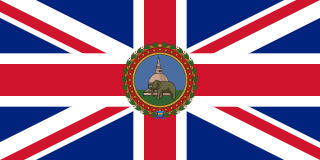 W
WThe Governor of Ceylon was the representative in Ceylon of the British Crown from 1795 to 1948. In this capacity, the governor was president of the Executive Council and Commander-in-Chief of the British Forces in Ceylon. The governor was the head of the British colonial administration in Ceylon, reporting to the Colonial Office.
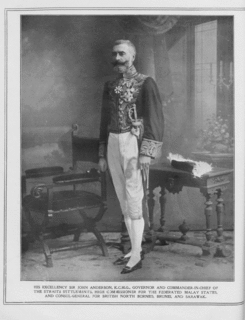 W
WSir John Anderson was a Scottish colonial administrator, who was once the Governor of Ceylon and Governor of Straits Settlements.
 W
WLieutenant General Sir Edward Barnes, was a British soldier who became governor of Ceylon.
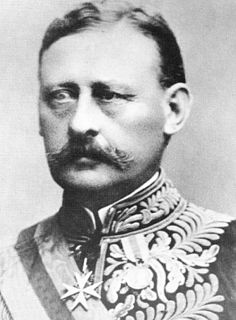 W
WSir Henry Arthur Blake was a British colonial administrator and Governor of Hong Kong from 1898 to 1903.
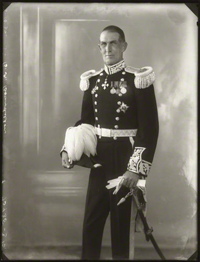 W
WSir Bernard Henry Bourdillon (1883–1948) was a British colonial administrator who was Governor of Uganda (1932–1935) and of Nigeria (1935–1943).
 W
WGeneral Sir Robert Brownrigg, 1st Baronet, GCB was an Irish-born British statesman and soldier. He brought the last part of Sri Lanka under British rule.
 W
WSir Andrew Caldecott was a British colonial administrator.
 W
WLieutenant-General Sir Colin Campbell was a British Army officer and colonial governor.
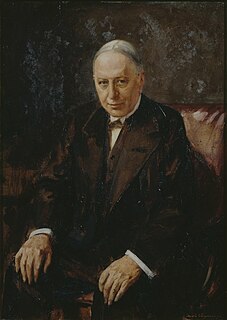 W
WRobert Chalmers, 1st Baron Chalmers, was a British civil servant, and a Pali and Buddhist scholar. In later life, he served as the Master of Peterhouse, Cambridge.
 W
WSir Cecil Clementi was a British colonial administrator who served as Governor of Hong Kong from 1925 to 1930, and Governor and Commander-in-Chief of the Straits Settlements from 1930 to 1934.
 W
WSir Hugh Charles Clifford, was a British colonial administrator.
 W
WSir Arthur George Murchison Fletcher, was a British colonial administrator.
 W
WSir William Henry Gregory PC (Ire) KCMG was an Anglo-Irish writer and politician, who is now less remembered than his wife Augusta, Lady Gregory, the playwright, co-founder and Director of Dublin's Abbey Theatre, literary hostess and folklorist.
 W
WFrederick North, 5th Earl of Guilford,, styled The Honourable Frederick North until 1817, was a British politician and colonial administrator.
 W
WSir Arthur Elibank Havelock, was a career British colonial governor, serving as Governor of Sierra Leone from 1880, of Natal, of Madras, of Ceylon from 1890 to 1895, and of Tasmania from 1901 to 1904.
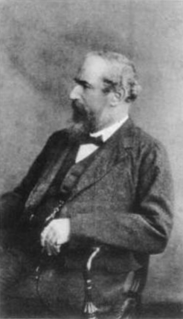 W
WSir James Robert Longden was an English colonial administrator.
 W
WSir Charles Justin MacCarthy (1811–1864) was the 12th Governor of British Ceylon and the 12th Accountant General and Controller of Revenue. He was appointed on 22 October 1860 and was Governor until 1 December 1863. He also served as acting governor on two separate occasions. He was first appointed in 1850.
 W
WLieutenant General The Right Honourable Sir Thomas Maitland was a British soldier and colonial governor. He also served as a Member of Parliament for Haddington from 1790–1796, 1802–06 and 1812–13. He was made a Privy Councillor on 23 November 1803. He was the second surviving son of James Maitland, 7th Earl of Lauderdale, and the younger brother of James Maitland, 8th Earl of Lauderdale. Maitland never married.
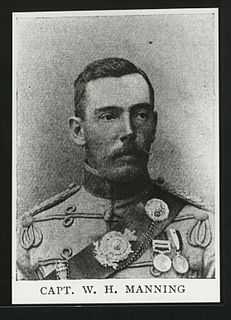 W
WBrigadier-General Sir William Henry Manning, was a British Indian Army officer and colonial administrator.
 W
WSir Henry Edward McCallum, GCMG, colonial governor born Yeovil, Somersetshire, England and died in England.
 W
WMajor General Sir John Terence Nicholls O'Brien was a surveyor, engineer and colonial governor.
 W
WGeneral Sir Edward Paget was a British Army officer.
 W
WSir Joseph West Ridgeway, was a British civil servant and colonial governor. He was known as "Sir West Ridgeway".
 W
WHercules George Robert Robinson, 1st Baron Rosmead,, was a British colonial administrator who became the 5th Governor of Hong Kong and subsequently, the 14th Governor of New South Wales, the first Governor of Fiji, and the 8th Governor of New Zealand. From June 1859 until August 1896, he was known as Sir Hercules Robinson.
 W
WSir Herbert James Stanley, was a leading British colonial administrator, who served at different times as Governor of Northern Rhodesia, Ceylon and Southern Rhodesia.
 W
WArthur Charles Hamilton-Gordon, 1st Baron Stanmore was a British Liberal Party politician and colonial administrator. He had extensive contact with Prime Minister William Ewart Gladstone.
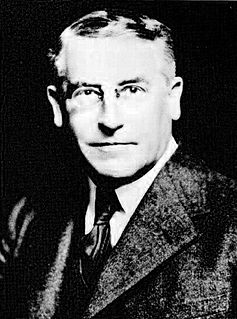 W
WSir Reginald Edward Stubbs was a British colonial governor, who was once the Governor of Hong Kong. He caused controversy while Governor of Ceylon over the Bracegirdle Incident.
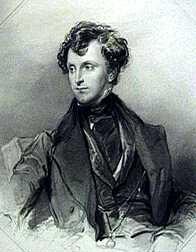 W
WSir James Emerson Tennent, 1st Baronet FRS, born James Emerson, was a British politician and traveller born in Ireland. He was elected a Fellow of the Royal Society on 5 June 1862.
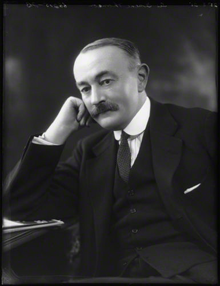 W
WSir Graeme Thomson was a British civil servant in the Admiralty, who served as a colonial civil servant and then governor in several British colonies.
 W
WGeorge Byng, 7th Viscount Torrington, was a British colonial administrator and courtier.
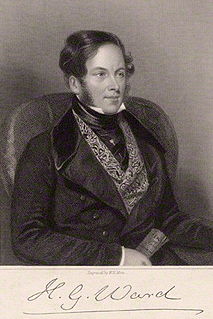 W
WSir Henry George Ward GCMG was an English diplomat, politician, and colonial administrator.
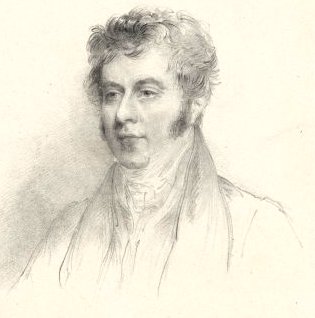 W
WSir Robert John Wilmot-Horton, 3rd Baronet, GCH, PC, FRS was a British politician, sociopolitical theorist, and colonial administrator. He was Under-Secretary of State for War and the Colonies between 1821 and 1828, and Governor of Ceylon between 1831 and 1837. He is most widely known for his writings on assisted emigration to the colonies of the British Empire.